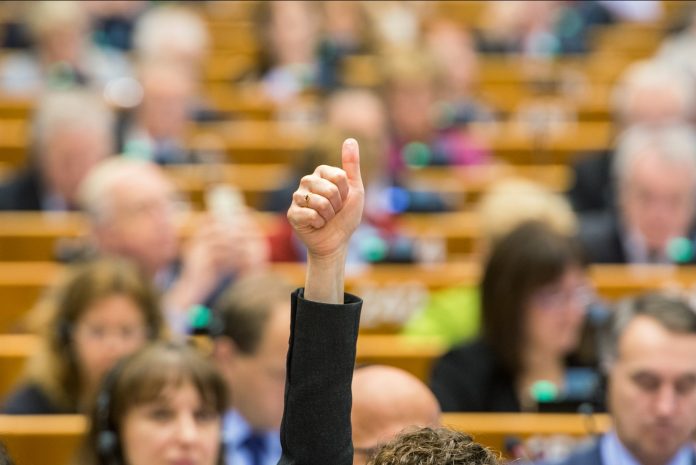MEPs have called for legislation to modernise tax systems to reduce tax evasion and avoidance and help SMEs, thereby making tax policy fit for the 21st Century.
Adopting Luděk Niedermayer’s (EPP, CZ) own initiative report on Wednesday evening by 43 votes in favour, 7 against and 9 abstentions, MEPs of the economic and monetary affairs committee urge the Commission to come forward with a series of proposals both to better fight tax evasion and avoidance and also to facilitate tax compliance requirements, notably for SMEs.
The report calls on the Commission to propose ways to address the remaining gaps in the existing directive on tax dispute resolution, including also to address changes in the post-COVID economy such as a move to remote and mobile working which has increased the risk of double taxation. It also says that a summary of the outcome of disputes should be made public and should include effective tax rates.
The elements subject to automatic exchange of information between member states should be increased, to cover for example also crypto-assets, the report says. The Commission should assess how to best extend this automatic exchange of information.
The report also says that the Commission should issue guidelines on tax incentives that are not distortive for the single market so that taxpayers and countries would be aware of what incentives can boost economic performance without harming the single market.
With a VAT gap estimated at around EUR 140 billion for 2018, the report calls on the Commission to propose measures which would significantly reduce this revenue loss on EU economies. The report also makes a number of suggestions of how this could be achieved.
The Commission should also perform a thorough impact assessment and include strong anti-avoidance clauses into the future Debt Equity Bias Reduction Allowance proposal, and the report makes specific proposals to this effect.
Finally, the report also calls to strengthen the EU’s network of anti-fraud experts, Eurofisc, by providing it with sufficient resources to effectively carry out joint risk analyses, coordinate investigations and cooperate with the EU Anti-Fraud Office (OLAF), Europol and the newly set up European Public Prosecutor’s Office, particularly to investigate VAT fraud.
This report has been drawn up under the Legislative Initiative Procedure as a follow-up to the Commission’s Action Plan of July 2021, and its 25 initiatives in the area of VAT, business and individual taxation.

